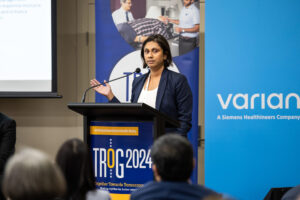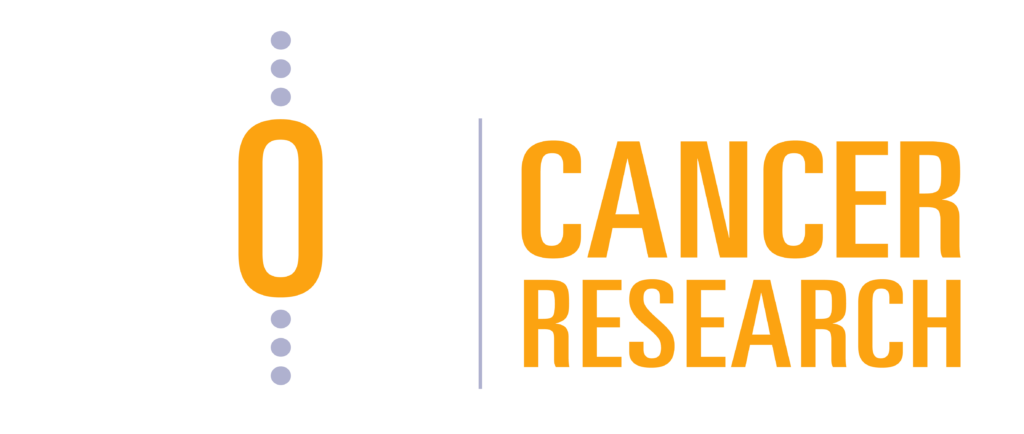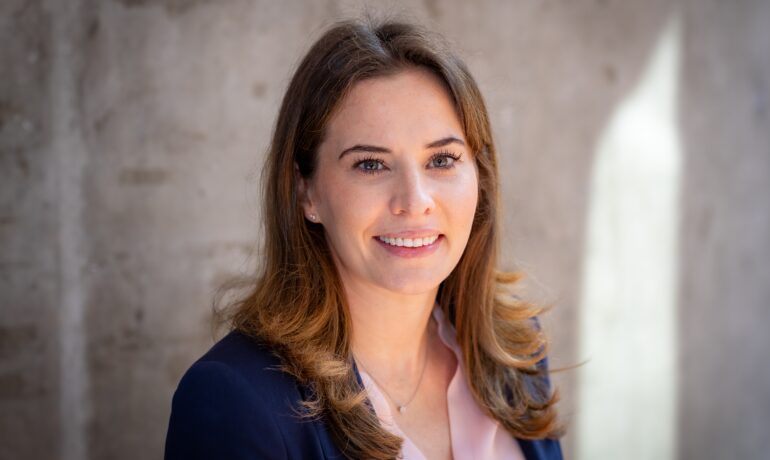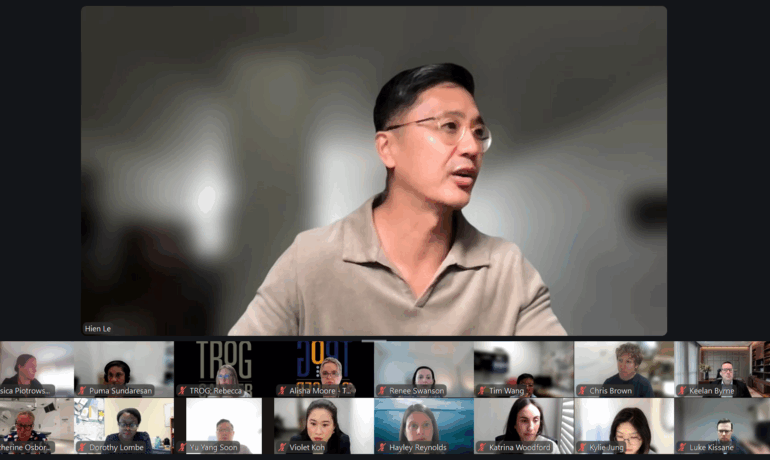28 November 2024:
In this Q&A, TROG President A/Prof Puma Sundaresan talks about her passion for patient-centred cancer care, her vision for TROG and future directions for radiation medicine research.
Q: What attracted you to the field of radiation oncology, and drives your continued passion for this field?
A: I was really interested in radiation oncology as junior doctor because the craft of radiation oncology spans the whole spectrum of cancer care. Radiation therapy has an important role both in the curative setting to cure cancer, but also in the non – curative, palliative care setting, to relieve the symptoms and distress that impact a patient’s quality of life.
I liked the fact that there was a strong focus on evidence-based treatment, that it had a technology slant, while at the same time, was very ‘hands-on’ in terms of patient care.
I felt that radiation oncologists were often the ‘captains of the ship’ in a patients’ cancer journey, keeping the big picture in focus – as an integral part of the multidisciplinary cancer care team we are in the privileged position to consider what each cancer care discipline brings and what might be the best management option or options for a patient from a disease control and quality of life perspective.
What drives me is patient care – the patient is central to all we do. The patient should jointly inform what research questions we ask. The patient tells us if what we are doing is working and if it is worth it to them. The data generated in their care will inform us if our efforts might be worth it to future patients and is worthwhile for the health system.

Q: What are you most proud of in your career to date?
A: I’m very fortunate to have had sponsors and mentors who have guided and helped me build a career that has a balance of clinical work, research, research supervision and mentorship of others, patient advocacy as well as service in leadership and governance roles. I am most proud of the collective advancements in patient care achieved through collaborations and partnerships with other clinicians, researchers and patients.
From a research perspective, a career highlight was presenting at the ASTRO (American Society for Radiation Oncology) main plenary session in 2018 the results from a Phase III randomised-controlled trial, known as RAVES DA (an upstream trial of the TROG 08.03 RAVES clinical trial) that found that using a decision aid improved patients’ understanding of clinical trials, the quality of their decision-making regarding trial participation and overall recruitment to the trial. It was funded by the Prostate Cancer Foundation Young Investigator Grant and RANZCR research and fellowship grants. I didn’t realise that anyone in the international space was interested in this type of research, so I was really proud to present it on behalf of my multidisciplinary group of co-investigators – it was a real highlight and I am grateful for the support and mentorship, over the preceding decade, from a multidisciplinary group of mentors and now friends (Professors Sandra Turner, Phylis Butow, Andrew Kneebone and Henry Woo).
Q: Looking ahead, what are the key areas of focus for TROG?
A: The TROG Board has developed TROG’s Strategic Plan 2024-2026, that aligns with Australia’s first National Cancer Plan. As we deliver on this plan operationally and continue to generate practice-changing evidence through high-quality research, we also want to contribute to the broader goals of the Australian Cancer Plan by focusing on four broad areas.
Firstly, we want to improve the diversity of our research activities and enhance patients’ access to these, regardless of where they may reside. We formalised this aim through our policy on diversity, equity and inclusivity, in our research and our people. We also hope to operationalise some key planned activities to improve patient equity and access to research participation. Secondly, we want to develop and grow our collaborative networks nationally and internationally in order to best utilise our collective knowledge, expertise and resources – to pool our efforts to conduct high quality research that can inform and change practice. In order to better serve the needs of TROG members, we will be seeking feedback from them and looking at ways to foster member engagement, especially from our early career members. The fourth focus area is to ensure our financial sustainability.
Q: What new directions do you foresee radiation oncology clinical trials taking in the future?
A: I think we’re likely to see broadening of the types of research we conduct, not just focus on large phase III clinical trials, and expand the range of outcomes we are interested in. There is recognition of the need to continually generate evidence to underpin the use of modern radiation therapy. It may be that its benefits are in reducing side effects, improving quality of life or health economics i.e., that it is cheaper than other treatments in achieving a similar outcome. We can’t just sit back and say: “This treatment works” and therefore people should refer their patients to us. We need to continue to generate and publish contemporary evidence on ways of achieving good disease outcomes with less cost, better patient experiences, and less side effects. We need to generate this evidence to not only guides optimal patient outcomes at an individual patient level but also to guide utilisation of our finite health resources at the population level.
On the technology front, in addition to the SABR/SBRT space where TROG researchers have generated practice-changing evidence lately, new technologies are evolving quickly in other areas, like MRI-guided treatment, image-guided and adaptive radiation therapy. Particle therapies including proton therapy are also hoped to be on the horizon in Australia. We’re likely to see the continued and increasing use of AI for improving workflows and processing large volumes of data including imaging datasets. So, from a technological point of view, there are many opportunities for TROG and its members to lead the way and this is fantastic.
In the cancer space more broadly, there’s a growing body of evidence on systemic therapies such as immunotherapy for various cancers. These advances enable people to live longer and this means there will be an increasingly important role for localised therapies such as radiation therapy whether this is towards a potential cure, or for the purpose of controlling symptoms and improving the quality of life that has been extended by advances in these whole-body treatments.
Q: What messages would you like to give consumers about participating in clinical trials in radiotherapy?
A: I’d like to help people understand that clinical trials are a vital part of research and that the new and more effective medical treatments being used today are the result of past research and clinical trials.
People should not be concerned that they are guinea pigs in any way – I would like them to understand that there are strict controls over how clinical trials are conducted and that participant safety is paramount. Treatments being assessed in trials are well-established as safe, and the technology has already been tested extensively before it is used in a clinical trial with patients. So safety has been established, but the feasibility or effectiveness or benefits of treatment might not have been established and the trial might be looking at that.
Also, it is important to remember that sometimes taking part in trials gives people access to types of new treatments that they might otherwise not be access yet.
From the point of view of the centres [clinics or hospitals] that offer clinical trials, there are often many quality assurance checks that they need to meet when trials are developed and run at their centre. This means that by participating in clinical trials, the centre has the opportunity to demonstrate that their care delivery is of a high standard.
Related Post
Shaping the future: How TROG’s Emerging Investigators group is breaking down barriers for new researchers
SPECIAL INTEREST GROUP IN FOCUS: 10 December 2025 Dr
TROG Concept Development Workshop sows seeds for innovative new research
LATEST NEWS: 4 December 2025 TROG provided a kick-start




